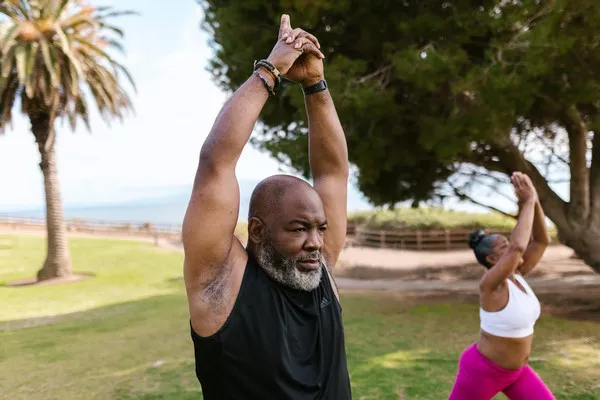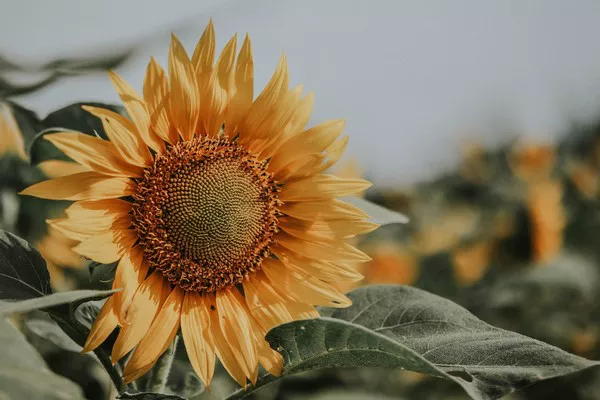Denver, CO – A recent study conducted by researchers at the University of Colorado (CU) reveals that community gardening offers a plethora of physical and mental health advantages. Located in Five Points’ Curtis Park, near downtown Denver, the Horse Barn Community Garden has emerged as a haven for individuals seeking solace and wellness through cultivating plants.
Charlotte Griffin, a 67-year-old retiree and former truck driver residing three blocks away from the garden, has found renewed tranquility amid the verdant plots. As a garden leader, Griffin attests to the therapeutic effects of gardening, stating, “keeps my peace of mind together.”
Jill Litt, an environmental studies professor at CU, has centered her research on the interplay between community-building and its influence on health and well-being. Litt’s work has sought to determine how green spaces, like community gardens, can be harnessed to enhance public health and disease prevention efforts.
Litt’s study marks a departure from earlier, less rigorous research on the subject, which often relied on observational data. Her pioneering approach involves conducting a randomized control trial – a method she believes is the first of its kind for community gardeners. The study included nearly 300 adults, primarily from low-income households, who were new to gardening. Half of these individuals were assigned to a community garden in the spring, while the other half remained in a control environment.
By autumn, those who engaged in gardening had significantly positive outcomes. They increased their daily fiber intake by 7 percent and engaged in an additional 42 minutes of weekly physical activity, both known factors in lowering the risk of chronic diseases, including cancer. These findings, published earlier this year in The Lancet Planetary Health, bolster the argument for integrating green spaces into urban planning for public health benefits.
Collaborative efforts from the Colorado School of Public Health, Colorado State University, and Michigan State University contributed to this research, with funding from the American Cancer Society.
The implications of this study extend to healthcare professionals. Litt envisions a practice called “nature-based social prescribing,” where medical experts recommend engaging in activities like gardening to foster holistic well-being. This notion resonates with individuals like John Anduri, a cancer survivor who discovered the transformative power of gardening in his battle against the disease.
Linda Appel Lipsius, CEO of the nonprofit Denver Urban Gardens and a partner in the study, underscores the significance of data-driven evidence in validating the benefits of community gardening. This study’s results have the potential to galvanize broader community support for gardening initiatives, and Lipsius envisions cities embracing this concept to bolster residents’ health.
As the data-backed movement gains traction, researcher Jill Litt is excited about the possibilities for integrating nature-based solutions into healthcare practices. With this groundbreaking study, the link between community gardening and improved physical and mental well-being gains empirical support, paving the way for a healthier future.

































